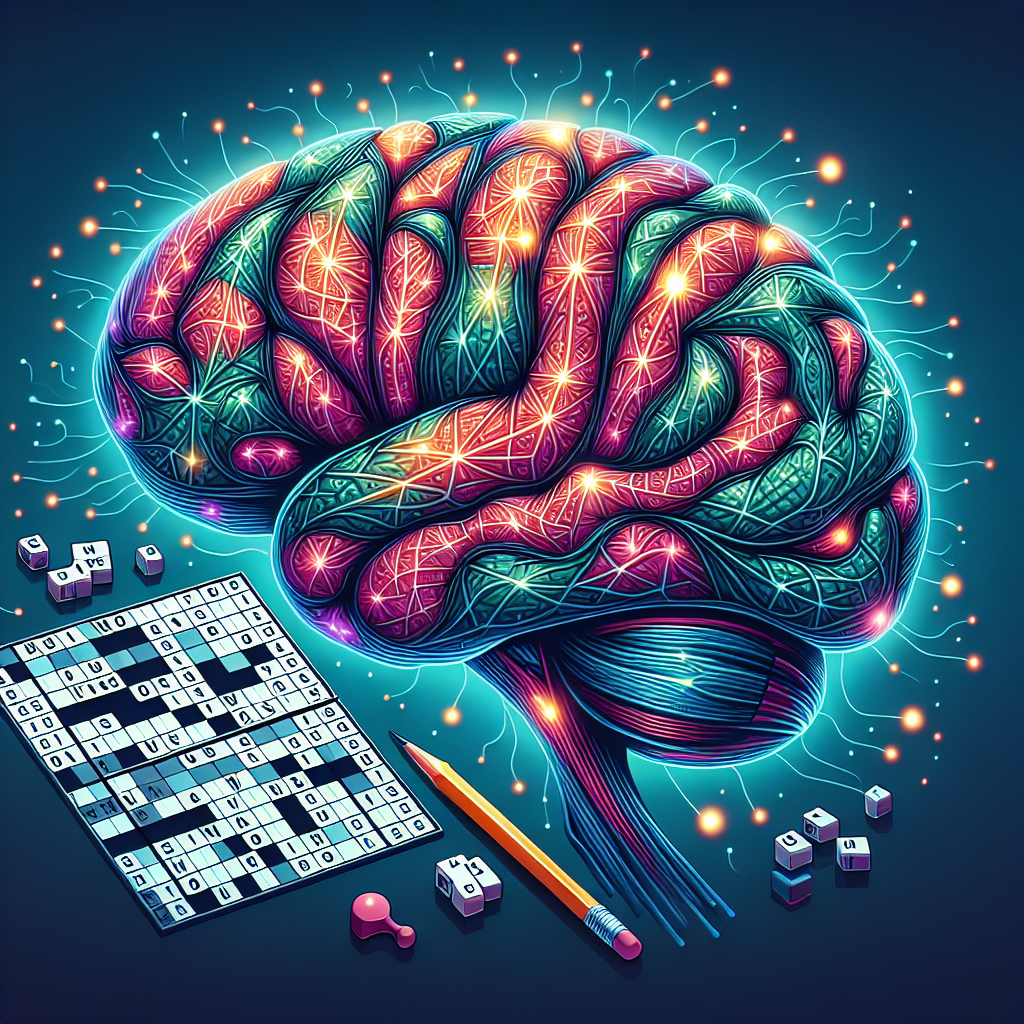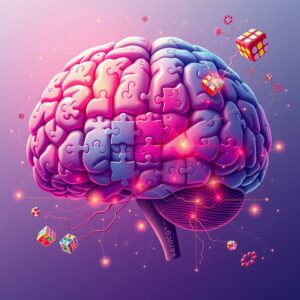
Introduction: Benefits of Mental Puzzles
Mental puzzles, such as crosswords, Sudoku, and brain teasers, offer a plethora of benefits that go beyond mere entertainment. Engaging in these activities stimulates the brain, contributing to improved cognitive function, enhanced problem-solving skills, expanded vocabulary, and even stress relief. They serve as a fun way to challenge yourself while simultaneously promoting mental agility and long-term brain health.
Cognitive Boost: Enhancing Memory and Focus
One of the standout advantages of regular puzzle-solving is its ability to boost cognitive functions, particularly memory and focus. By regularly engaging in mentally stimulating tasks, you train your brain to retain information better and enhance your overall concentration. This cognitive workout exercises various areas of the brain, helping to sharpen your attention span and improve recall abilities, which can be beneficial in both personal and professional environments.
Problem-Solving Skills: Logical Thinking in Sudoku
Sudoku is a prime example of how puzzles can enhance logical thinking and problem-solving abilities. This number-placement game requires a systematic approach, encouraging players to think critically about potential solutions. As you tackle increasingly challenging Sudoku puzzles, you develop strategies for identifying patterns and making connections, skills that are applicable not just in games but also in real-life situations that require analytical and strategic thinking.
Language & Vocabulary: Crosswords Expand Knowledge
Crossword puzzles are one of the best tools for expanding one’s vocabulary and enhancing language skills. By challenging participants to recall words based on clues, crosswords not only reinforce existing knowledge but also introduce new terms and concepts. This continual learning process can enrich your language abilities, making you a more effective communicator and a more knowledgeable individual overall.
Stress Relief: Mental Relaxation via Puzzles
In an increasingly fast-paced world, finding ways to unwind and de-stress is crucial for mental well-being. Solving puzzles can provide a much-needed break from stressors of daily life. Engaging in these activities offers an escape, allowing you to focus your mind on a singular task while temporarily distancing yourself from worries. The satisfaction of completing a puzzle can also enhance feelings of accomplishment, boosting your mood and reducing anxiety levels.
Long-Term Brain Health: Reducing Dementia Risks
There is growing evidence to suggest that engaging in mentally stimulating activities, including puzzles, may reduce the risk of cognitive decline and dementia as one ages. By consistently challenging your brain, you reinforce neural connections and promote the growth of new ones, potentially delaying the onset of cognitive impairment. Making puzzle-solving a regular part of your routine can play a pivotal role in maintaining brain health over the long term.
Tips for Daily Practice: Incorporating Puzzles into Routines
To reap the benefits of mental puzzles, consider incorporating them into your daily routine. Here are some tips to get started:
1. Set Aside Time: Designate a specific time each day, even if it’s just 10-15 minutes, to engage in puzzles. This could be in the morning with your coffee or in the evening before bed.
2. Mix It Up: Alternate between different types of puzzles—try Sudoku on one day, crosswords the next, and logic puzzles another day. This variety keeps the brain engaged and challenged.
3. Use Apps & Online Resources: Download puzzle apps or explore websites that offer a wide range of puzzles. This makes them accessible anytime, anywhere.
4. Join a Community: Participate in a puzzle club or online forum where you can share solutions and strategies with others. This social aspect can enhance your enjoyment and motivation.
5. Keep It Fun: Choose puzzles that genuinely interest you. The more enjoyable you find the experience, the more likely you are to stick with it.
Incorporating mental puzzles into your life can lead to significant improvements in your cognitive abilities, emotional well-being, and overall brain health. Start small, stay consistent, and enjoy the journey of mental exploration!


